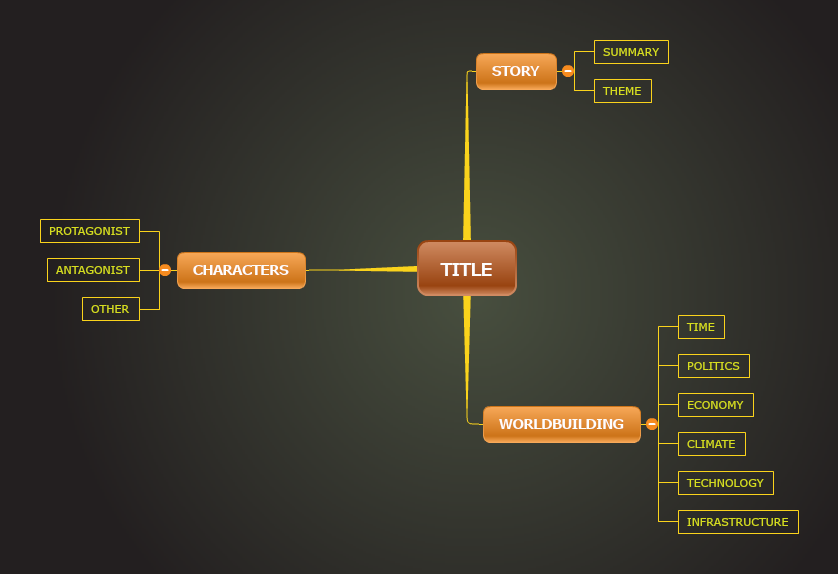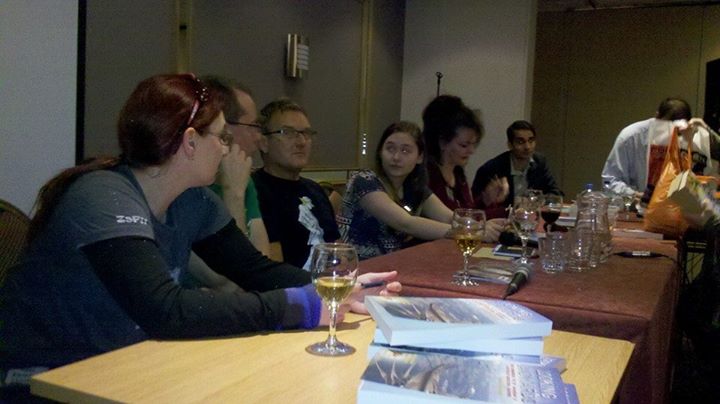It’s hard to believe it’s November already. I don’t know where time has gone.
I realise I haven’t updated this blog since May — it has been even longer since I did anything with my other one — and, for once, I’m not going to hold myself to task over it.
A friend and I were having a glum discussion about boilers the other day, and the terrifying prospect of having to replace one. To give this some context, when Frood and I bought our house in early 2015, we knew it was going to be a bit of a project. We hadn’t realised how much of a project it would turn out to be. As my friend said, being an adult pretty much turns out to be a game of resource management. This house has taken up a lot of resource, in terms of time, energy and money, and between that and the day job there hasn’t been much left. What little I’ve had I’ve put into writing, although the one thing writing needs and I lack is mental energy. It’s hard to write when you can do barely more of an evening then eat and fall asleep on the sofa, and when it takes most of the weekend for your brain to decompress from the previous week.
In our previous house, I used to get up and write before work. Since this house is too far from work to cycle, we were both spending too much time sitting in front of a computer, and not getting enough exercise. My health had begun to suffer, and I know where that leads. Been there, done that, don’t intend to do it again. So while we’re now both getting up super early before work, that time is for trying to undo the effects of spending the rest of the day relatively inactive.
So there we are. Being an adult is a matter of resource management, and I have had barely the resource to write, never mind post to the blog.
And, you know, that’s okay. Having a social media presence is important, sure, but it’s not the critical part of being a writer. What is
In a way, I think that lack of resource has been useful. It’s easier to produce when you have all the time in the world, but it’s also easier to click trance away on some spurious line of research or be distracted by the wonders of the internet. When you are limited for time, and know it, you knuckle down and do the work. Bum on seat, words on page. It’s a bit like a Masterchef challenge in which the contestants have to produce a three course meal in 20 minutes or something else ridiculous. You can’t just work hard, you have to work smart.
One day, I hope that I will have more time to write, but I also hope I can hold onto that lesson of working smart, not just hard, and focusing on what matters.







